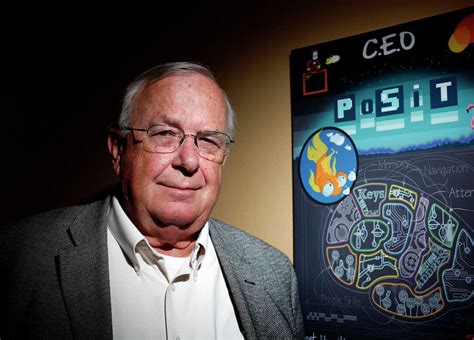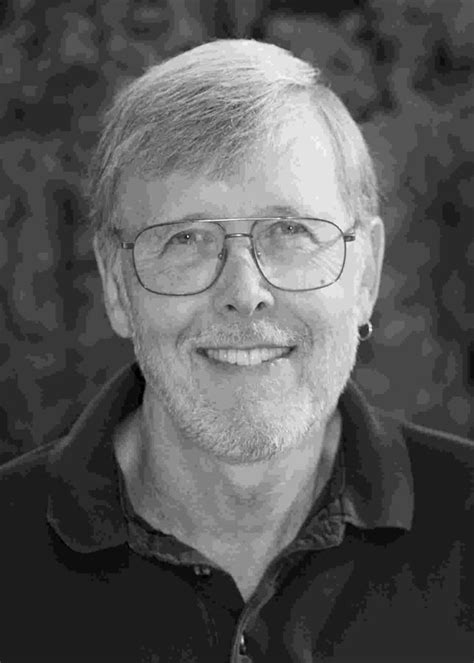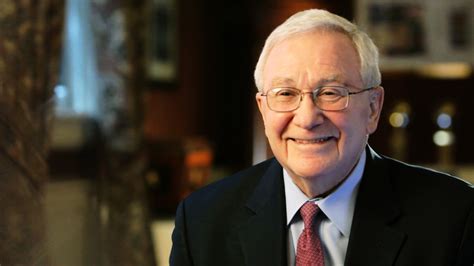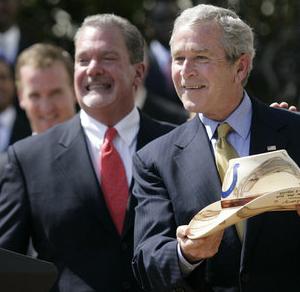A Quote by Deepak Chopra
Ask yourself, "Is there anything in my life that is causing me to feel a sense of unease, discomfort, or pain?" You can choose a persistent issue that has bothered you for years, or it may be something that has recently come up for you. While it's fine to focus on a chronic, physical disorder, don't approach this exercise as a cure - we're focusing on patterns of perception that encourage us to hold onto suffering.
Quote Topics
Related Quotes
I have felt the pain that arises from a recognition of beauty, pain we hold when we remember what we are connected to and the delicacy of our relations. It is this tenderness born out of a connection to place that fuels my writing. Writing becomes an act of compassion toward life, the life we so often refuse to see because if we look too closely or feel too deeply, there may be no end to our suffering. But words empower us, move us beyond our suffering, and set us free. This is the sorcery of literature. We are healed by our stories.
I find it difficult to feel responsible for the suffering of others. That's why I find war so hard to bear. It's the same with animals: I feel the less harm I do, the lighter my heart. I love a light heart. And when I know I'm causing suffering, I feel the heaviness of it. It's a physical pain. So it's self-interest that I don't want to cause harm.
Looking to the material world for the satisfaction of our inner needs is the source of much fear. All fear is, in essence, fear of the future. We are afraid of things that have not yet happened, but which if they did might bring us pain, suffering, or some other discomfort - or stand in the way of some future contentment. And we are afraid that circumstances that are already causing us displeasure may continue in the future.
Pain is a relatively objective, physical phenomenon; suffering is our psychological resistance to what happens. Events may create physical pain, but they do not in themselves create suffering. Resistance creates suffering. Stress happens when your mind resists what is... The only problem in your life is your mind's resistance to life as it unfolds.
The patterns of activity of neurons in sensory areas can be altered by patterns of attention. Experience coupled with attention leads to physical changes in the structure and future functioning of the nervous system. This leaves us with a clear physiological fact…moment by moment we choose and sculpt how our ever-changing minds will work. We choose who we will be in the next moment in a very real sense, and these choices are left embossed in physical form in our material selves.
Pain in life is inevitable but suffering is not. Pain is what the world does to you, suffering is what you do to yourself [by the way you think about the 'pain' you receive]. Pain is inevitable, suffering is optional. [You can always be grateful that the pain is not worse in quality, quantity, frequency, duration, etc]
In the central cases of physical pain, then, it appears that at least part of what is bad about our condition is the way it makes us feel. Here there seem to be no problems with a purely mental state account, no counterpart to the experience machine that could bring us to think that we are being deceived by mere appearances. [...] If I am suffering physical pain then I can be quite wrong about the organic cause of my affliction, or even about whether it has one, without that error diminishing in the slightest either the reality of my pain or its impact on the quality of my life.
Of course you can do it. It doesn't require brilliance. It's just giving yourself permission and then being persistent. Persistent in seeing the problem or opportunity and persistent in thinking about it until you have come up with some interesting ideas that might change the pattern. It's really a mindset, not anything in the objective world - that is the problem.
Some of us have a hard time believing that we are actually able to face our own pain. We have convinced ourselves that our pain is too deep, too frightening, something to avoid at all costs. Yet if we finally allow ourselves to feel the depth of that sadness and gently let it break our hearts, we may come to feel a great freedom, a genuine sense of release and peace, because we have finally stopped running away from ourselves and from the pain that lives within us.
I think we start suffering as soon as we come out of the womb. I think that people tend to stereotype. When they think of suffering, they think of abuse - physical abuse, emotional abuse, poverty, that kind of thing. There's different levels of suffering. I don't think that it has to do with how much money you have - if you were raised in the ghetto or the Hamptons. For me it's more about perception: self-perception and how you perceive the world.
We get stuck in old thought and behavior patterns that may have been effective when we were twelve months or twelve years old, but now only serve to hold us back. And, while those around us may have no problem correcting our minor flaws, they let the big ones slide, because it would mean attacking who we are.
Stress does not cause pain, but it can exacerbate it and make it worse. Much of chronic pain is 'remembered' pain. It's the constant firing of brain cells leading to a memory of pain that lasts, even though the bodily symptoms causing the pain are no longer there. The pain is residing because of the neurological connections in the brain itself.
If you want to achieve your objectives, you have to be prepared for a daily dose of pain or discomfort. At first, it's unpleasant and demotivating, but in time you come to realise that it's part of the process of feeling good, and the moment arrives when, if you don't feel pain, you have a sense that the exercises aren't having the desired effect.




































